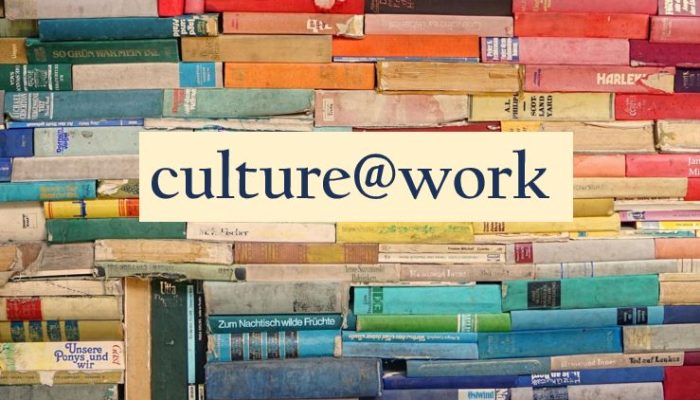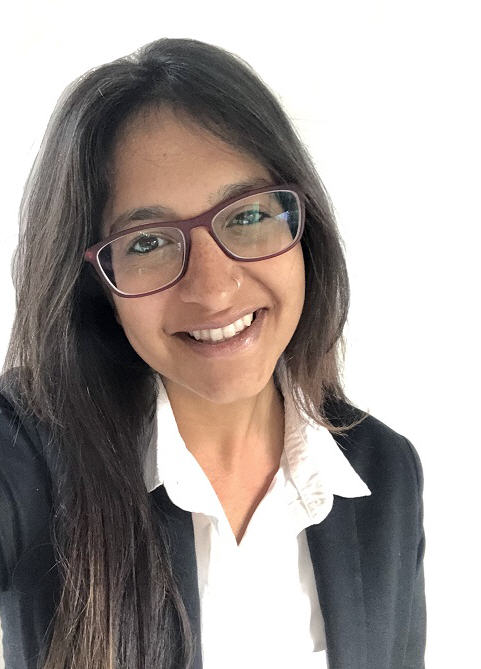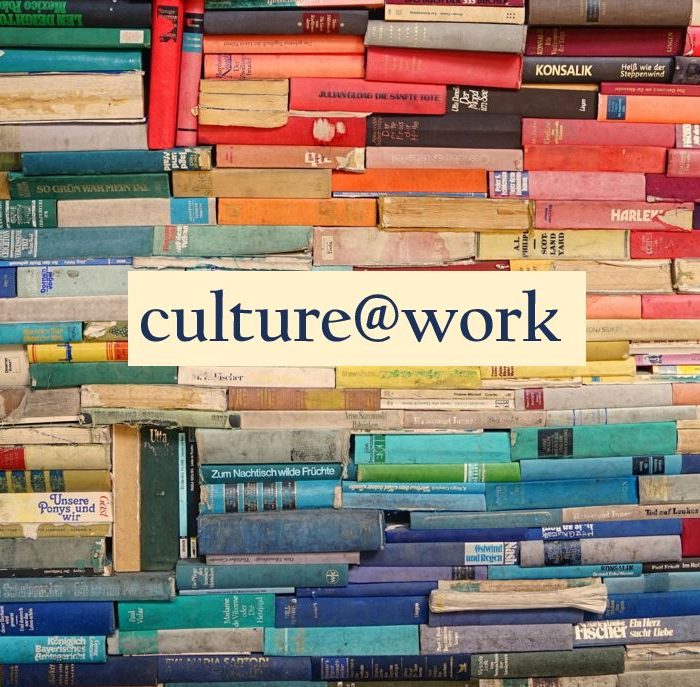Ling Lam is an assistant department head at the Toronto Reference Library.

Cultural diversity and inclusion in the workplace
Welcome to culture@work, brought to you by the OLA Cultural Diversity and Inclusion Task Force. This column showcases diversity in library work in Ontario by introducing Open Shelf readers to library staff from around the province. By highlighting the experiences of library workers, we hope readers will get to know more of their OLA colleagues and perhaps be inspired by, if not more informed about, issues of diversity in librarianship in Ontario, and perhaps beyond.

Name: Harneet Kukreja
Title: Research Librarian
1. Where do you work?
I currently work as a law librarian at Goodmans LLP.
2. Tell me a little about yourself. Why have you chosen to work in libraries? How did you end up working in libraries?
I completed my MLIS at Western University in London, Ontario. Since then, I have had the opportunity to work in several different types of libraries: from academic, to public, to my current position in a law library. I gained exposure to working in a library when I was younger. One of my first part-time jobs was working at my local public library and I loved it. I really decided to get into the field however, while in my fourth year as an undergrad at the University of Waterloo. One of my professors recommended the program to me as he knew of previous students that had gone on into libraries. He was able to tell me more about the types of opportunities available in the field.
3. Tell us about cultural diversity and inclusion. What do you think libraries can do to be more inclusive? Have you faced any barriers? Why do you think diversity is important for our library communities?
There are many ways libraries can be inclusive. I think there are a variety of different approaches to consider: from a diverse and inclusive collection (more so for public and academic libraries), to staffing, to accessibility/availability of materials, and so much more.
I believe diversity is extremely important for our library communities, as libraries and librarians should be representative of the communities they serve. Diversity is so important in creating an inclusive, safe space for all users.
I am fortunate to say that I don’t believe I have faced any significant barriers in my career, to my knowledge. I say “to my knowledge”, because I could have been subject to biases or discrimination that I am unaware of, since this happens to people every day.
4. What continues to inspire you on the job/in your career?
I am thankful to be part of an organization that is committed to diversity and inclusion. Following the events from earlier this year, the firm created a Black Lives Matter committee which worked with the already existing Diversity & Inclusion committee to create a safe space for open discussion of issues. They have recently started an initiative to help combat unknowing microaggressions that may be taking place, such as the mispronunciation of names. I think this is a really amazing sign of progress that personally makes me feel like I am working in a safe and inclusive environment. These types of initiatives also inspire me to renew my commitment to standing up for diversity.
With respect to my work, I continue to find interest in my role as a law librarian. Every day brings new and unique challenges. I am continuously learning new information within the field of legal research and taking on different research questions, which keeps me on my toes! I also enjoy interacting with law school students that join our firm every year. The library plays an important role in their research training and it’s been an interesting year adapting these programs to a virtual setting.
5. What piece of advice would you give to diverse librarians beginning their career as well as to those librarians in their mid-career?
It is a great time to be entering into the field, as the conversation has already been started and people seem to be ready and willing to embrace diversity and change. As a librarian in my mid-career, I say to others (and myself!) that it is important to always be on the lookout for opportunities where you can have a positive impact. It is easy to get caught up in your own day-to-day work. However, if you take the time to find out what other opportunities are available to help continue this dialogue, perhaps even outside of your specific line of work, it can be surprisingly rewarding!
6. What work do you think librarians in Ontario need to do to work towards positive social change?
I think librarians need to be cognizant of barriers that may exist in their places of work and should strive to play an active role in shedding light on these issues. MLIS grads end up in so many different areas of work, and together we can use this powerful voice to help create positive social change. Professional associations can play a part in this, as they are already a platform librarians can use in their fields to amplify their voices. I also think it is important to integrate this discussion into MLIS programs so that graduates can enter the workforce aware of and prepared for these challenges.
